Miki Matsubara - The Timeless Queen of City Pop
Miki Matsubara
Her name is now nearly synonymous with the shimmering world of Japanese city pop— Miki Matsubara was no fleeting sensation. Today, she’s best known for her 1979 debut single Mayonaka no Door (Stay With Me), a song that catapulted to international fame decades after its release. But her story doesn’t begin—or end—there. From weaving jazz with pop, writing anime soundtracks, to literally burning her legacy, Matsubara’s career transcends this one iconic song, securing her place as a timeless figure in Japanese music history.
Matsubara’s Gateway into Music
Matsubara’s early exposure to music came from a uniquely personal place: her mother, a jazz singer, whose influence shaped much of Miki’s childhood. At just three years old, she began learning the piano. It wasn’t long before she was experimenting with genres, mixing the sophistication of jazz with the edge of rock during her school years. This was a young artist whose curiosity seemed limitless, always pushing the boundaries of genre.
Despite her academic promise, Matsubara’s heart was set elsewhere. At 17, driven by ambition and a singular focus, she left her hometown of Osaka and headed to Tokyo in 1977, chasing a dream that only she seemed to fully comprehend. It didn’t take long before her talent was noticed. Yuzuru Sera, a well-known pianist, discovered her performing in Tokyo’s live music scene, a moment that would pave the way for her musical breakthrough.
Miki Matsubara
Mayonaka no Door (Stay With Me)
In 1979, the world was introduced to Matsubara’s voice through the release of her debut single, Mayonaka no Door (Stay With Me). Written by Tetsuji Hayashi and Tokuko Miura, the song captured a bittersweet nostalgia, its jazzy, upbeat tempo belying the melancholic lyrics about lost love. It was a blend of contrasts—a fitting reflection of Matsubara’s own musical dualities. Though it peaked at number 28 on Japan’s Oricon charts, few could have imagined the cultural renaissance it would experience over 40 years later.
What sets Mayonaka no Door apart is its quintessential city pop essence. This genre—an intoxicating fusion of jazz, funk, and American soft rock—defined late 1970s and early 1980s Japan, and Matsubara’s velvety vocals, combined with the song’s infectious energy, made it a standout. It exuded a sense of nostalgia that only grew stronger with time.
Fast-forward to the 2020s, and thanks to platforms like TikTok and YouTube, Mayonaka no Door found its way into the hearts of a new generation. From viral covers to remixes, the song resurfaced as a global hit, even topping Spotify’s Global Viral charts. Suddenly, Matsubara was an international phenomenon—a star reborn decades after her passing.
Beyond Stay With Me
While Mayonaka no Door may be the crown jewel of her discography, it by no means defines Matsubara’s legacy. Following the success of her debut, she went on to release several hit singles such as Neat na gogo san-ji and The Winner, the latter of which was immortalized as the opening theme for the anime Mobile Suit Gundam 0083: Stardust Memory. These tracks not only deepened her foothold in Japan’s music scene but also showcased her adaptability as an artist.
Matsubara wasn’t confined to solo stardom. She formed the band Dr. Woo, an ensemble where she explored the intersection of pop and jazz—a blend that always held a special place in her heart. And she wasn’t just making waves in Japan. Her collaborations with international acts like the Motown jazz fusion group Dr. Strut expanded her reach beyond domestic shores.
In 1982, Matsubara released Blue Eyes, a jazz cover album that offered listeners a glimpse of her extraordinary vocal range. Here, she reinterpreted jazz classics like Love for Sale alongside soft rock standards, including Carole King’s You’ve Got a Friend. This wasn’t just a collection of covers—it was a showcase of her fluidity, a reminder that genre was merely a playground for Matsubara.
Matsubara’s artistry extended into the realm of anime soundtracks. In the 1980s, she began recording theme songs for series such as Gu-Gu Ganmo and Dirty Pair: Project Eden. Under the alias Suzie Matsubara, she broadened her appeal even further, captivating anime fans with her dynamic voice. The 1990s saw her composing music for various anime series and commercials, highlighting her continued relevance across different media.
The Winner, a track tied to Mobile Suit Gundam 0083, stands out as a highlight of her anime contributions. It bridged the gap between her city pop roots and her work in anime, endearing her to both city pop aficionados and anime enthusiasts alike.
Miki Matsubara’s Illness
As her career progressed into the 1990s, Matsubara shifted away from the spotlight. She found fulfillment in composing for other artists, with some of her most notable works being performed by Mariko Kouda, including the popular track Ame no Chi Special, which ranked on the Oricon charts in 1997. This chapter of her life marked a quieter, more reflective phase, yet one where she continued to influence the music industry behind the scenes.
Tragically, in 2001, Matsubara was diagnosed with late-stage uterine cancer, a development that led her to retire from music entirely. Her final years were spent in the solace of Osaka with her family, disconnected from the career she had once fiercely pursued. In an emotional act of closure, she reportedly burned her sheet music and recordings, choosing to leave her professional life behind as she faced her illness. On October 7, 2004, Miki Matsubara passed away at the age of 44.
Miki Matsubara
Legacy and Viral Resurgence
Even in the years following her death, Matsubara’s music never truly disappeared. It lived on in the memories of those who had experienced it firsthand. But the true power of her legacy was revealed when the digital age brought her music to a global audience. Mayonaka no Door became a viral sensation in 2020, uniting listeners across generations with its nostalgic sound and timeless appeal.
This resurgence not only reestablished Matsubara’s place in music history but also solidified her as one of city pop’s defining voices. Her debut album Pocket Park was reissued on vinyl in 2020, selling out almost instantly, proof that her work continues to resonate deeply.
From a young dreamer in Osaka to an international music icon, Miki Matsubara’s journey is one of ambition, talent, and undeniable charm. Though her life was tragically short, her music transcends time, offering listeners solace, joy, and a sense of wonder. Whether through the sultry, nostalgic tones of Mayonaka no Door or her jazz-infused performances, Matsubara’s legacy is vibrant and everlasting—her voice echoing as brightly today as it did when she first captivated the world in 1979.




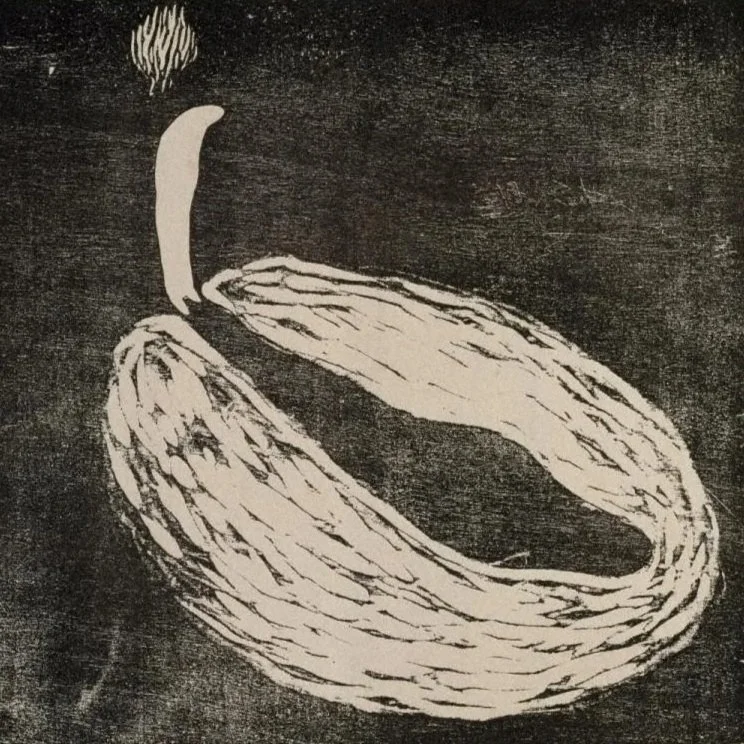
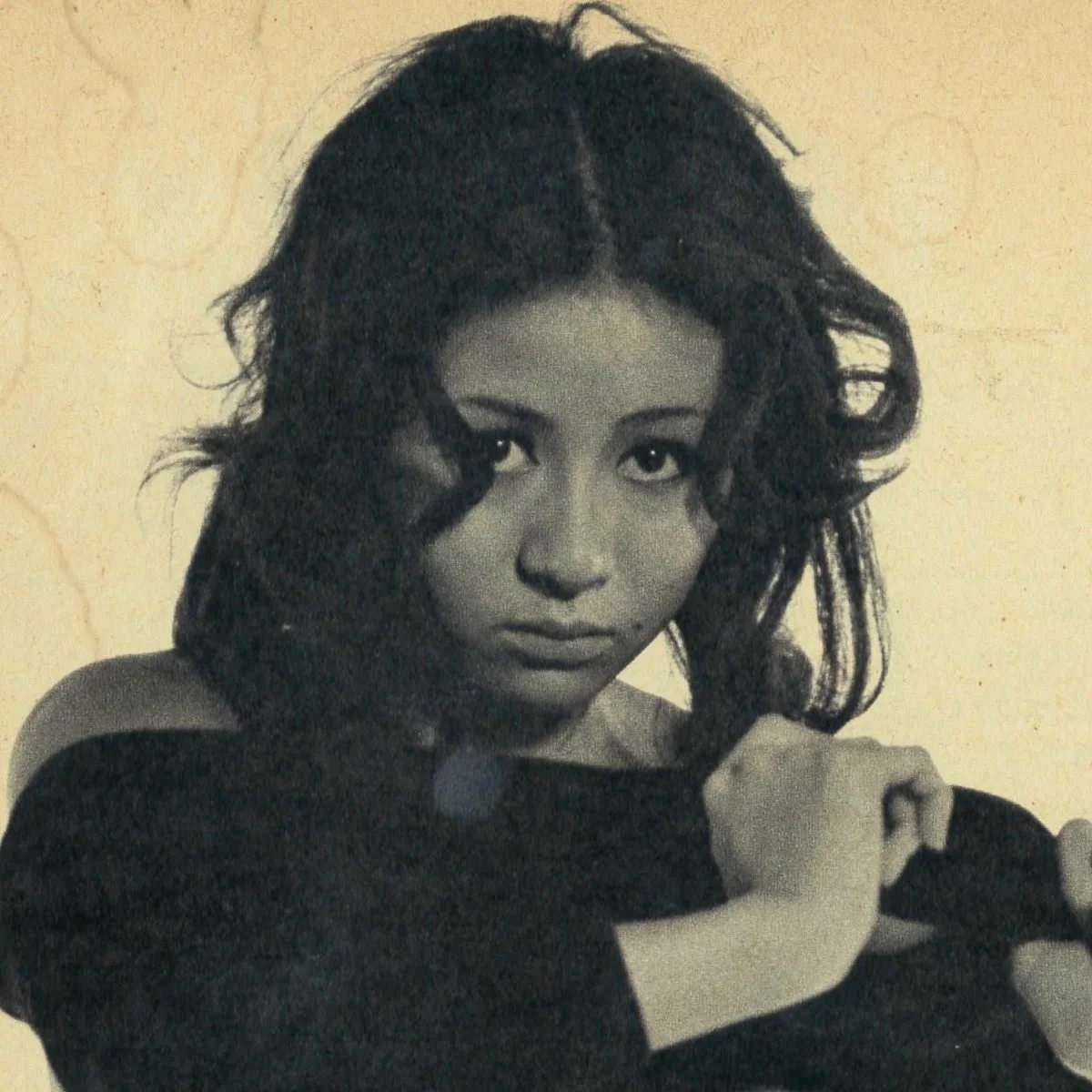
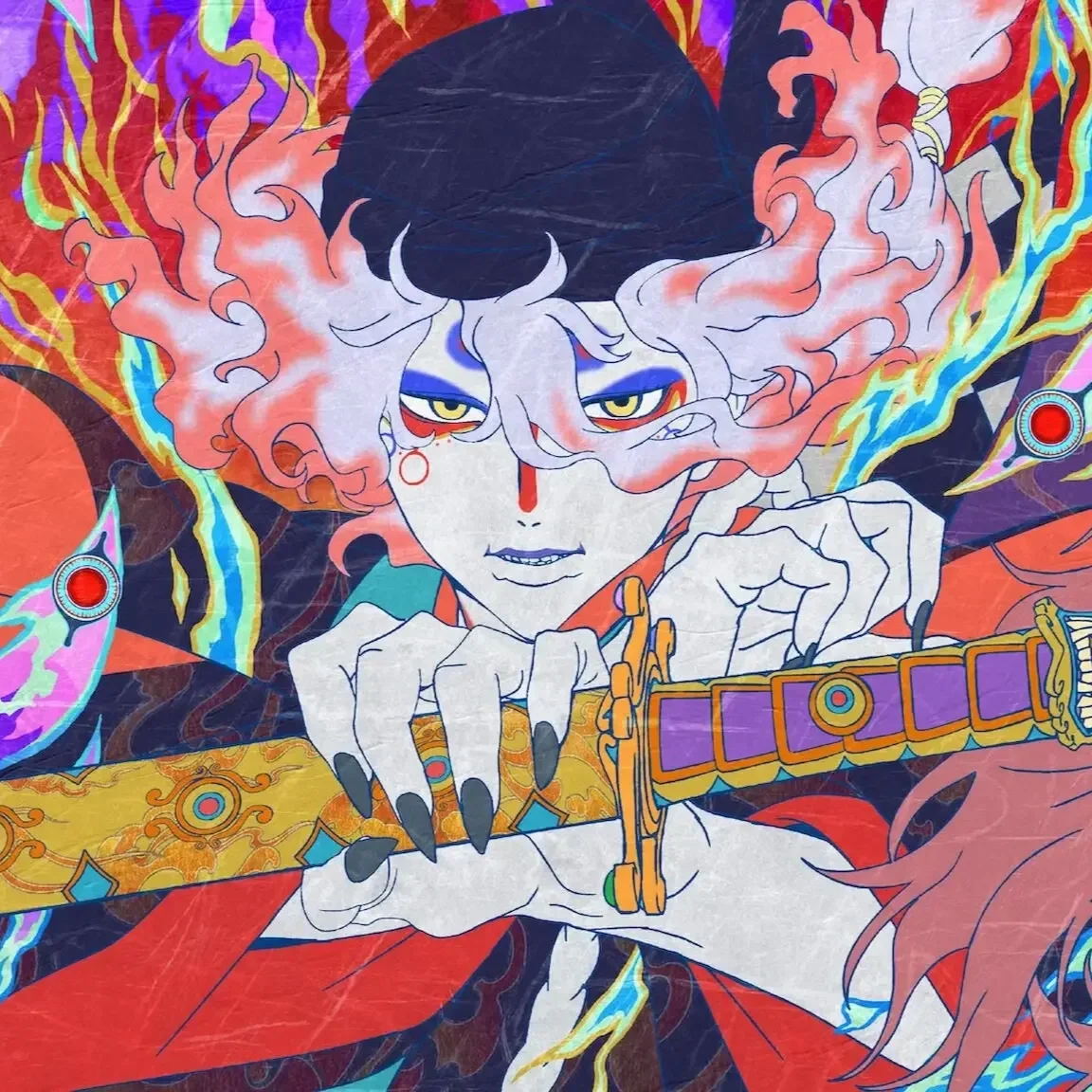

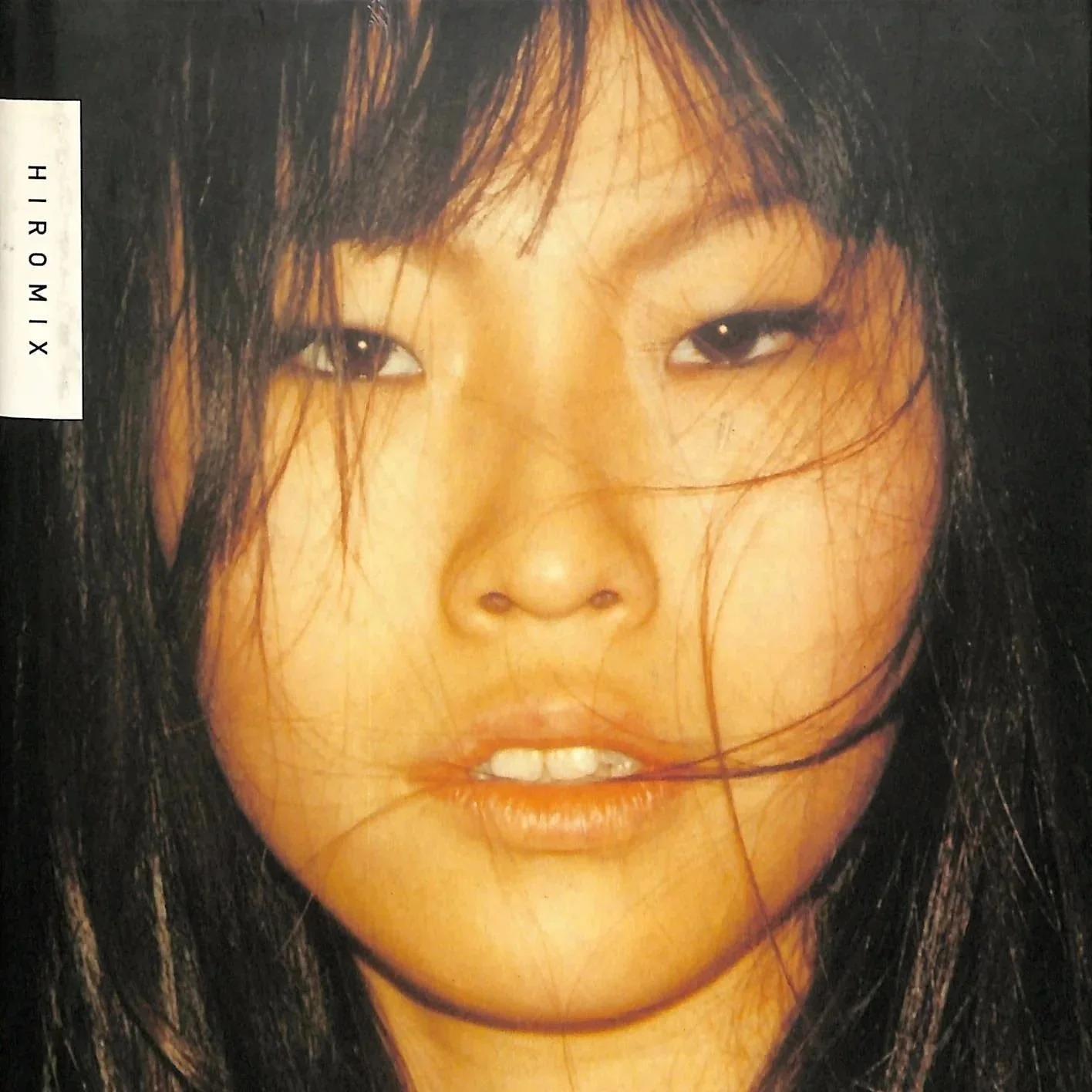
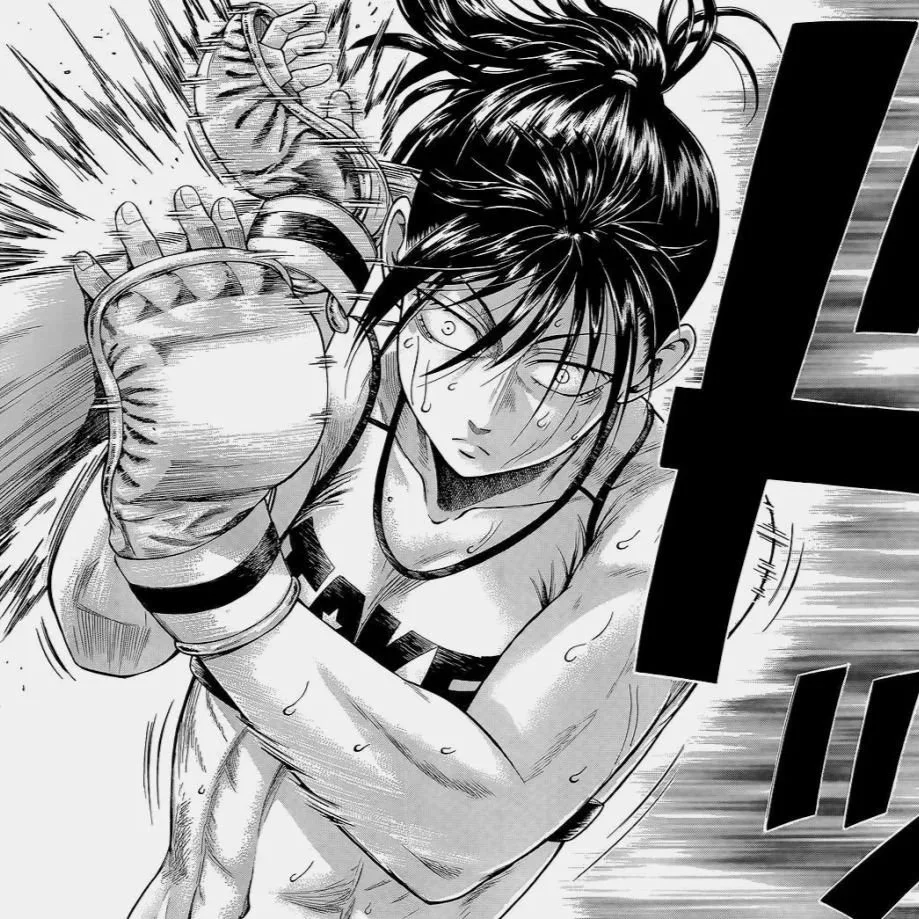
Discover Tomoko Aran's impact on City Pop and modern music.